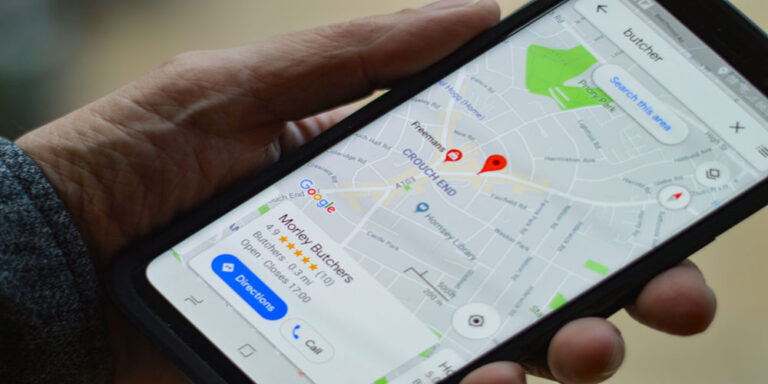
Internet Access. A Fundamental Right
Almost four in five people around the world believe that access to the internet is a fundamental right, a poll for the BBC World Service suggests. The survey – of more than 27,000 adults across 26 countries – found strong support for net access on both sides of the digital divide. Countries such as Finland and Estonia have already ruled that access is a human right for their citizens. International bodies such as the UN are also pushing for universal net access.
The survey, conducted by GlobeScan for the BBC, also revealed divisions on the question of government oversight of some aspects of the net. Web users questioned in South Korea and Nigeria felt strongly that governments should never be involved in regulation of the internet. However, a majority of those in China and the many European countries disagreed.
In the UK, for example, 55% believed that there was a case for some government regulation of the internet.
The finding comes as the UK government tries to push through its controversial Digital Economy Bill. As well as promising to deliver universal broadband in the UK by 2012, the bill could also see a so-called “three strikes rule” become law. This rule would give regulators new powers to disconnect or slow down the net connections of persistent illegal file-sharers. Other countries, such as France, are also considering similar laws.
Most of those questioned also said that they believed the web had a positive impact, with nearly four in five saying it had brought them greater freedom. However, many web users also expressed concerns. The dangers of fraud, the ease of access to violent and explicit content and worries over privacy were the most concerning aspects for those questioned.
Internet Marketing by Direct Submit






